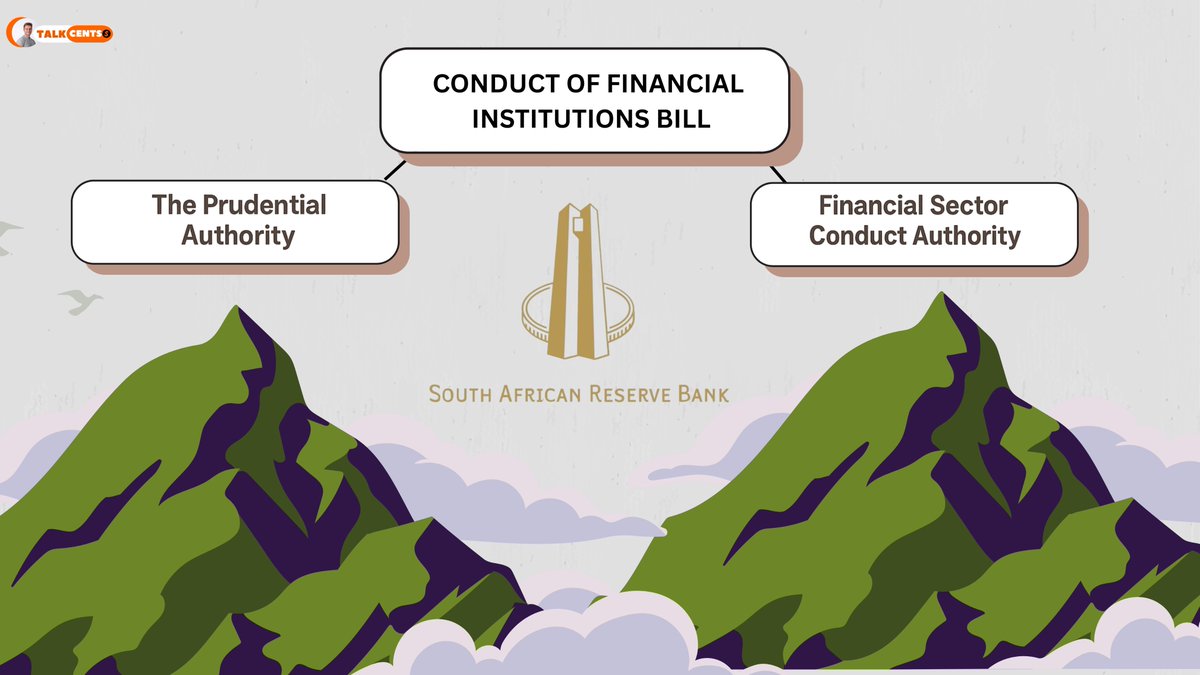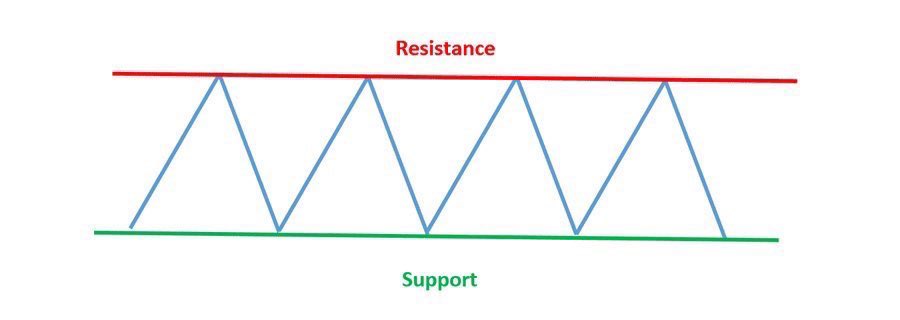Protecting Your Home
• Home Insurance
• Property Prices
• Market Growth
• Cost of goods
• Risks
(Thread)👇🏽
• Home Insurance
• Property Prices
• Market Growth
• Cost of goods
• Risks
(Thread)👇🏽

• Home Insurance
also known as building insurance, which covers the building structure of a home against accidental loss or damage caused by fire, theft, or other natural disasters.
Let’s take a look on how to do this correctly so you can save some money. 👇🏽
also known as building insurance, which covers the building structure of a home against accidental loss or damage caused by fire, theft, or other natural disasters.
Let’s take a look on how to do this correctly so you can save some money. 👇🏽
• Property prices
Where do prices go from here?
⬇️ or ⬆️
My guess would be ⬇️
Property prices come down while the costs to build escalate upwards
Costs associated with materials could easily rise from here, especially with supply chain issues
Why is this even important?
Where do prices go from here?
⬇️ or ⬆️
My guess would be ⬇️
Property prices come down while the costs to build escalate upwards
Costs associated with materials could easily rise from here, especially with supply chain issues
Why is this even important?
Glad you asked,
What this means is that there will be a gap between the price of the property and the cost to build the property (rebuild it)
This is why insuring your property at the correct value is prudent
Let’s dive deeper for you homeowners. 👇🏽
What this means is that there will be a gap between the price of the property and the cost to build the property (rebuild it)
This is why insuring your property at the correct value is prudent
Let’s dive deeper for you homeowners. 👇🏽
• Market Value Vs Replacement
Insuring it at M/V puts you at risk of not being fully covered, especially if property prices decline.
What you should do, is insure your property at replacement value rather than market value.
Protects against rising costs; ⬇️ house prices.
Insuring it at M/V puts you at risk of not being fully covered, especially if property prices decline.
What you should do, is insure your property at replacement value rather than market value.
Protects against rising costs; ⬇️ house prices.
• Building insurance
covers you for everything except for the land.
Calculate your home insurance value by what it would cost to rebuild your property, and not on the value of the property (price)
A key mistake many make, because of two reasons. 👇🏽
covers you for everything except for the land.
Calculate your home insurance value by what it would cost to rebuild your property, and not on the value of the property (price)
A key mistake many make, because of two reasons. 👇🏽
• Identical properties
One inland
One on the coast
Usually the one in the coast will fetch more in price because of the location.(Coast)
Now, if you insuring at market value then you could be paying extra for location rather than replacement cost - do your calculations.
One inland
One on the coast
Usually the one in the coast will fetch more in price because of the location.(Coast)
Now, if you insuring at market value then you could be paying extra for location rather than replacement cost - do your calculations.
• Building costs.
Homeowners are under the assumption that property prices only increase. No, No, No. - it’s not the case.
Building materials sometimes rise faster than property prices - if you insure at market value you won’t be covered correctly.
Homeowners are under the assumption that property prices only increase. No, No, No. - it’s not the case.
Building materials sometimes rise faster than property prices - if you insure at market value you won’t be covered correctly.
• Unlocking value
Bring down insurance costs by Installing:
• Alarms
• Electric fences
• Beams
• Smoke detectors
#property
Bring down insurance costs by Installing:
• Alarms
• Electric fences
• Beams
• Smoke detectors
#property
• Important Notes
- Obtain professional valuations and don’t rely on municipal valuations.
-Reassess your situation each year and adjust your insurance to market conditions.
-Include outside structures too, insure you are covered for; paving, swimming pools ect.
- Obtain professional valuations and don’t rely on municipal valuations.
-Reassess your situation each year and adjust your insurance to market conditions.
-Include outside structures too, insure you are covered for; paving, swimming pools ect.
• That’s it for now
If you want more Finance and property related threads on your feed, then follow @talkcentss
I’ve got more finance and property threads coming soon. Check the other’s below👇🏽
If you want more Finance and property related threads on your feed, then follow @talkcentss
I’ve got more finance and property threads coming soon. Check the other’s below👇🏽
• Rent or Buy
“This is too much work for me”.
Should I rent or buy? 👇🏽
“This is too much work for me”.
Should I rent or buy? 👇🏽
https://twitter.com/talkcentss/status/1410828406300631042
• Decided to Buy
Okay,
then make sure the deal makes financial sense. 👇🏽
Am I TalkingCents here?
Okay,
then make sure the deal makes financial sense. 👇🏽
Am I TalkingCents here?
https://twitter.com/talkcentss/status/1413353404706037761
• Prevent Financial Ruin
Read this before you get into property 👇🏽
Read this before you get into property 👇🏽
https://twitter.com/talkcentss/status/1404769088652541956
There is also a newsletter I send to 1000+ other financial enthusiasts.
Join them 👇🏽
davidketh.substack.com/p/coming-soon
Join them 👇🏽
davidketh.substack.com/p/coming-soon
• Summary
• Understanding your risks
• Renting or buying
• Property Prices
• Market Growth
• Insurance
• Risks
Thanks for making it to the end of another Friday Property Thread.
See you next week.
• Understanding your risks
• Renting or buying
• Property Prices
• Market Growth
• Insurance
• Risks
Thanks for making it to the end of another Friday Property Thread.
See you next week.
• • •
Missing some Tweet in this thread? You can try to
force a refresh




















